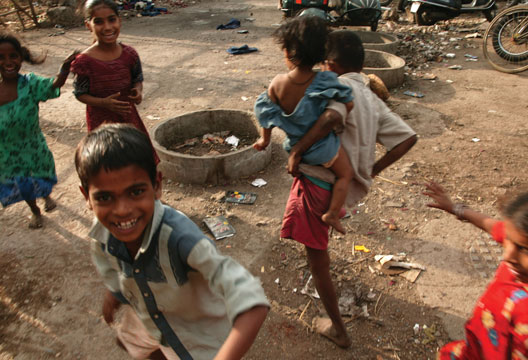Untouchability- Forms & Perspective
Relevant for sociology optional Paper- 2 (Unit- 12 : Social Structure)

Untouchability is a social practice that has been a part of the Indian caste system for centuries. It refers to the social exclusion and marginalization of individuals belonging to lower castes, who are considered to be impure and polluting. This practice has taken various forms over the years and has had a significant impact on Indian society. In this essay, we will examine the different forms of untouchability and their impact on Indian society.
One of the most common forms of untouchability is the practice of denying entry to lower caste individuals in public places such as temples, schools, and hospitals. Lower caste individuals are not allowed to enter these places, and if they do, they are subjected to various forms of discrimination and abuse. This practice has contributed to the exclusion and marginalization of lower caste individuals and has limited their access to basic amenities and services.
Another form of untouchability is the practice of untouchability in daily life. Lower caste individuals are not allowed to touch or come in contact with members of higher castes, as they are considered to be impure and polluting. This practice has led to the segregation of lower caste individuals in many aspects of daily life, such as the use of separate utensils, seating arrangements, and even separate drinking water sources. This practice has perpetuated the social and economic exclusion of lower caste individuals and has limited their social and economic mobility.
The practice of untouchability also takes the form of denying equal opportunities in education and employment to lower caste individuals. Members of lower castes are often denied access to quality education and are limited to menial jobs such as manual scavenging, cleaning, and garbage collection. This has perpetuated the economic and social exclusion of lower caste individuals and has limited their ability to escape the cycle of poverty and discrimination.
Untouchability also takes the form of violence and discrimination against lower caste individuals. Members of lower castes are often subjected to physical violence, sexual assault, and other forms of discrimination and abuse. This has contributed to the perpetuation of caste-based discrimination and has created a culture of fear and oppression among lower caste communities.
The perspective on untouchability has also evolved over time. Initially, untouchability was justified by the religious belief that certain castes were impure and polluting. This belief was deeply ingrained in Indian society and was used to justify the exclusion and marginalization of lower caste individuals. However, over time, the perspective on untouchability has changed, and it is now widely recognized as a form of discrimination and a violation of human rights.
Efforts to eliminate untouchability have been ongoing for decades, with various government policies and programs aimed at promoting social and economic inclusion for lower caste individuals. The Indian constitution also prohibits discrimination on the basis of caste, and various laws have been enacted to protect the rights of lower caste individuals. However, progress has been slow, and untouchability continues to be a significant challenge to Indian society.
In conclusion, untouchability is a social practice that has taken various forms over the years and has had a significant impact on Indian society. It has contributed to the social and economic exclusion of lower caste individuals and has perpetuated caste-based discrimination and violence. Efforts to eliminate untouchability have been ongoing, but progress has been slow and challenging. Ultimately, the elimination of untouchability will require significant societal, political, and cultural change, and a commitment to promoting social and economic inclusion for all individuals, regardless of their caste.
For more such free UPSC notes, Articles, News & Views Join our Telegram Channel. https://t.me/triumphias
Click the link below to see the details about the UPSC – Civils courses offered by Triumph IAS. https://triumphias.com/pages-all-courses.php


